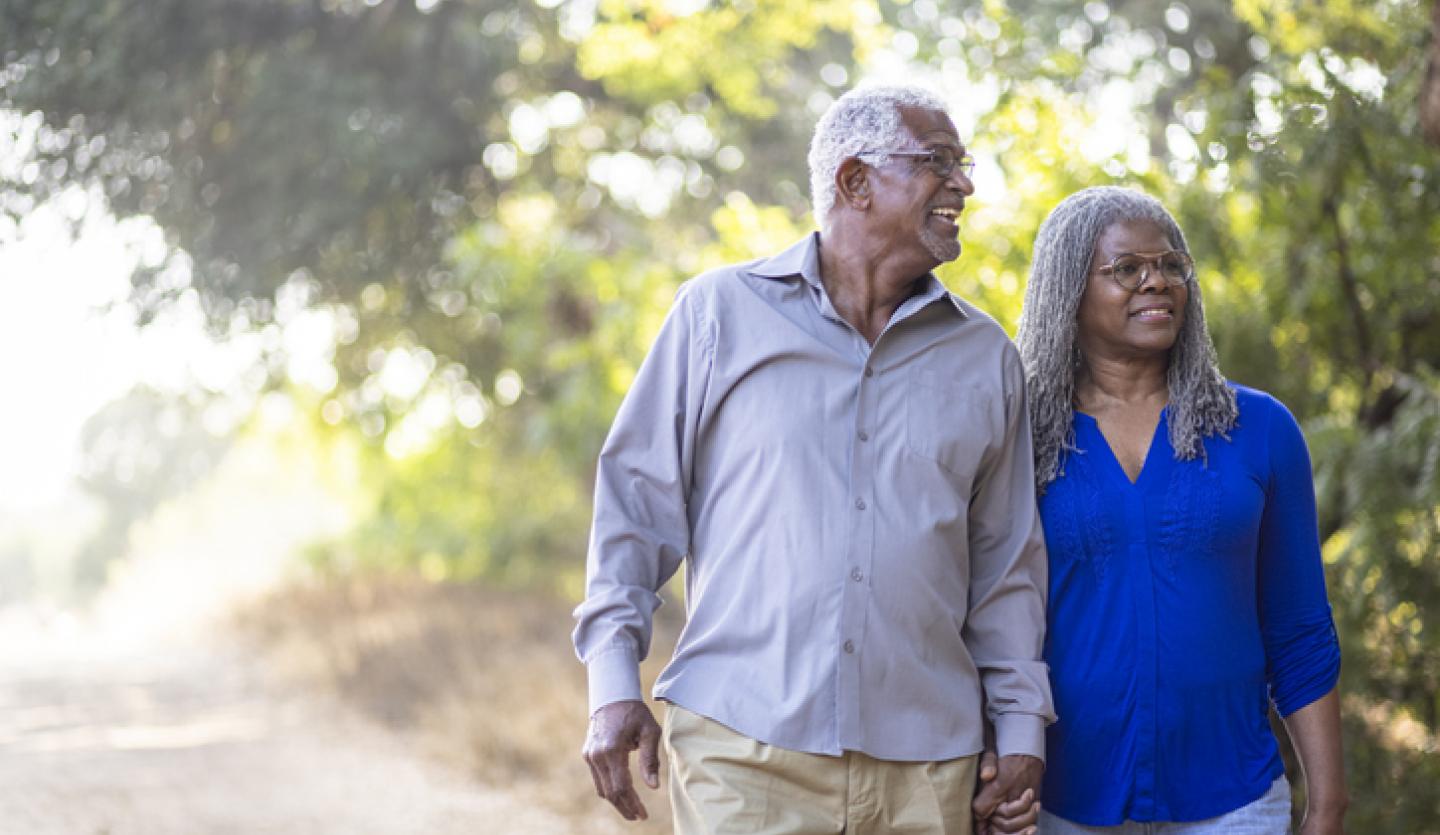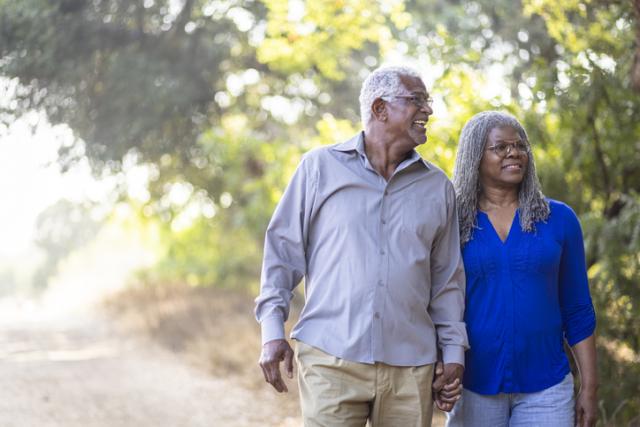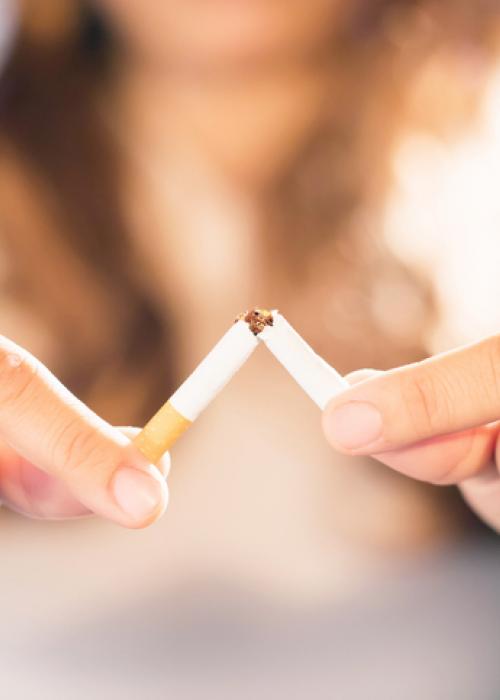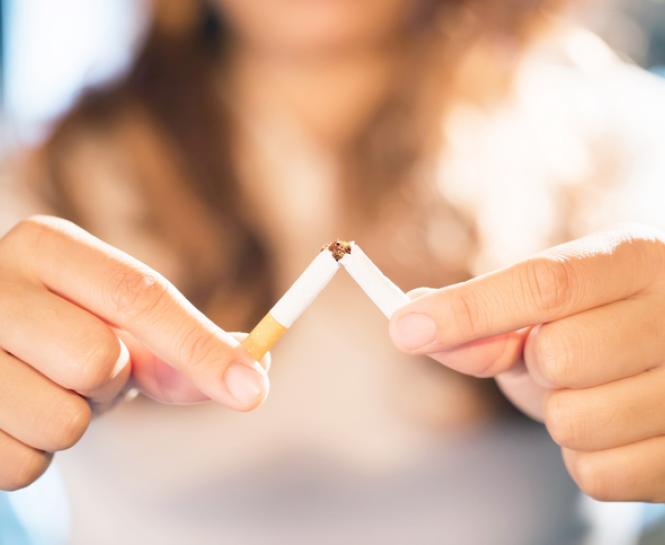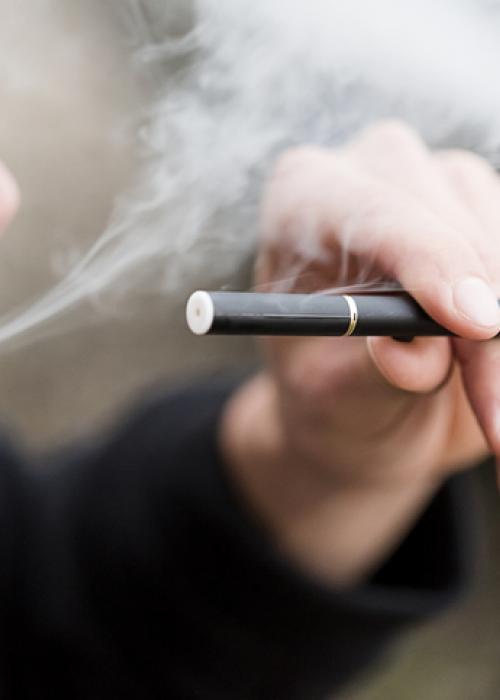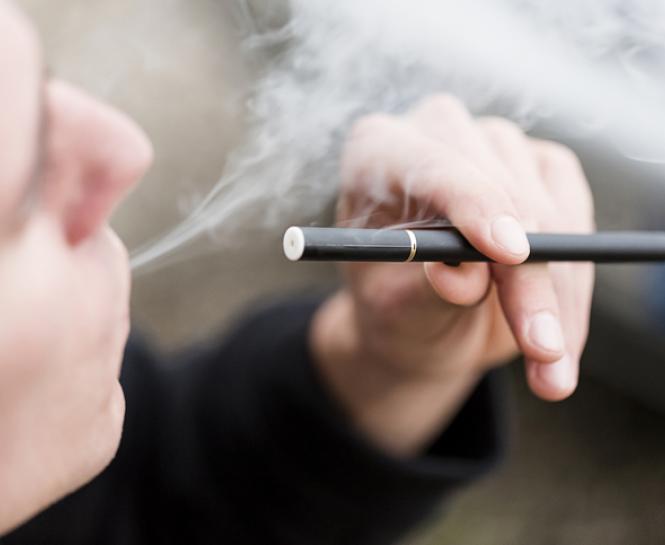Sharad Chandrika, MD, Director of Interventional Pulmonary Medicine at Catholic Health, answers frequently asked questions about lung cancer screenings and who is eligible for one.
Lung cancer is the leading cause of cancer-related deaths among men and women. Since lung cancer often has no symptoms until the disease has advanced, a lung cancer screening is the best way to identify cancerous growths in the earliest stages.
How is a lung cancer screening conducted?
The screening is a low-dose CT scan (LDCT), which uses a series of X-rays to compile a detailed image of the lungs. The image allows physicians to see abnormalities that could indicate early-stage cancerous nodules growing in the lungs.
Will I be exposed to a lot of radiation?
A CT chest scan is done using a lower dose of radiation—five times less—compared to a standard chest CT scan to make detailed images of your lung. A low-dose CT exposes you to radiation but amounts to less than half the amount you’re exposed to naturally in the environment in one year. That is a minimal amount.
The benefits of having a lung cancer screening significantly outweigh the risks of not having the screening, particularly if lung cancer is detected.
What are the benefits of lung cancer screening?
The main benefit of lung cancer screening is treating patients in the early stages of lung cancer, thereby saving lives.
Patients can undergo definitive treatment when cancer is detected early. We can offer surgical resection, the only curative option for lung cancer treatment, to these patients. A screening may identify incidental findings unrelated to lung cancer, such as aneurysms, emphysema and calcification of the arteries in the heart.
A screening is also an opportunity for physicians to counsel patients about smoking cessation. Repeated studies have shown that when doctors talk to their patients about a smoking cessation plan and offer them various ways to quit, they quit smoking.
A lung cancer screening is a critical way to detect early cancer, but it's also a teaching moment that often helps patients quit smoking.
Do I meet the criteria for a lung cancer screening?
According to the U.S. Preventive Services Task Force (USPSTF), lung cancer screenings are for adults:
- Ages 50 to 80
- Have a tobacco smoking history of at least 20 pack years. (One pack-year equals smoking one pack per day for one year; one pack equals 20 cigarettes.)
- Who currently smokes or quit smoking within the past 15 years
Is the screening invasive?
A lung cancer screening is not invasive. The test is painless and quick. Unlike an MRI, patients with claustrophobia tend to tolerate CT scans very well.
Do I need to quit smoking if I undergo screening?
Quitting smoking is the best way to reduce your risk of developing lung cancer. So, quitting smoking and getting screened for lung cancer is always a good idea. What’s more, if you were to have early-stage lung cancer, quitting smoking will help you better tolerate treatment and may help stop the cancer from progressing to more advanced stages.
Quitting smoking will also decrease your risk of developing other cancers such as head and neck, stomach, kidney, pancreas, liver, bladder, cervix, colon, rectum and certain leukemias.
Get helpful information from NY QUITS.
Are screenings for patients who think they have symptoms of lung cancer?
Lung cancer screenings are offered to patients who do not have signs and symptoms of active lung cancer. If someone has already developed signs and symptoms, they should undergo a conventional CT scan as advised by a health care provider.
Symptoms of lung cancer include acute shortness of breath, sudden chest pains, sharp chest pains and spitting up blood.
Unfortunately, lung cancer is a condition where patients may not be symptomatic until the disease is quite advanced. Once it has advanced, patients may have chest pain, shortness of breath, spitting up blood, weight loss, and loss of appetite.
How soon do I get my results?
Results are available within a day or two. After the test, an American College of Radiology-accredited radiologist reviews the images.
The radiologist is specially trained to read low-dose screening CTs and gives a recommendation based on the CT scan findings. One of our providers in the lung cancer screening program reviews the results. We will then contact the patient as well as the referring provider.
What happens if I need follow-up care?
You will be referred to your primary care provider, who will make further referrals or treatment decisions. Depending on your condition, you may need to see a pulmonologist, medical oncologist or other specialist.
Do I need a screening every year?
A lung cancer screening should be conducted every year based on current guidelines. The cancer can develop and progress if you wait too long between screenings.
Where does Catholic Health offer lung cancer screenings?
Screenings are offered at Catholic Health hospitals across Long Island. When you call, we will schedule a telehealth screening with our team of experts and a CT appointment at a hospital closest to you. We will also take care of insurance authorizations if required.
Learn more about Catholic Health's lung cancer services.
Learn more about lung cancer screening services.
How do I make an appointment for a lung cancer screening?
Call 631-775-LUNG (631-775-5864) or 844-CHS-LUNG (844-247-5864). Call 866-MY-LI-DOC (866-695-4362) to find a Catholic Health physician near you.

